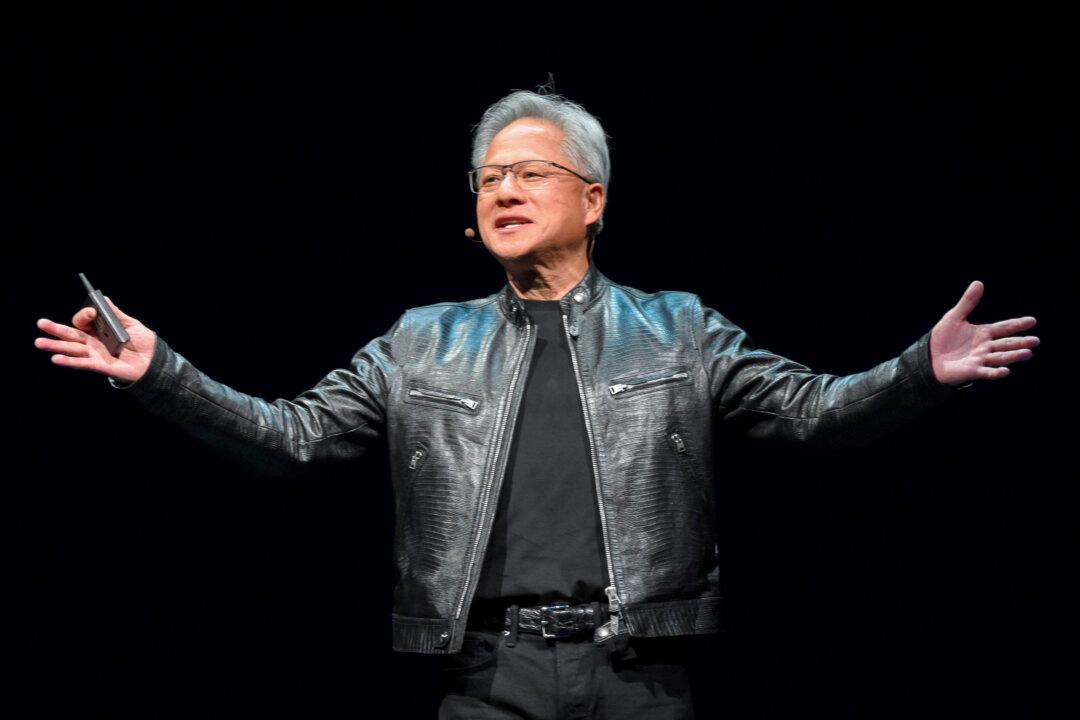Chinese students being denied entry at U.S. airports, despite holding valid visas, has been a frequent occurrence in recent years. Students have been denied entry by customs enforcement officers while returning to the United States after vacationing in China, traveling to a third country, attending conferences, or, in the case of new students, coming to the country to study.
On Jan. 28, 2020, FBI agents stormed into Harvard University’s Department of Chemistry and Chemical Biology and handcuffed department head Dr. Charles Lieber. At 60, Dr. Lieber is a world-renowned nanoscientist and a member of the National Academy of Sciences. He is also a foreign member of the Chinese Academy of Sciences.




